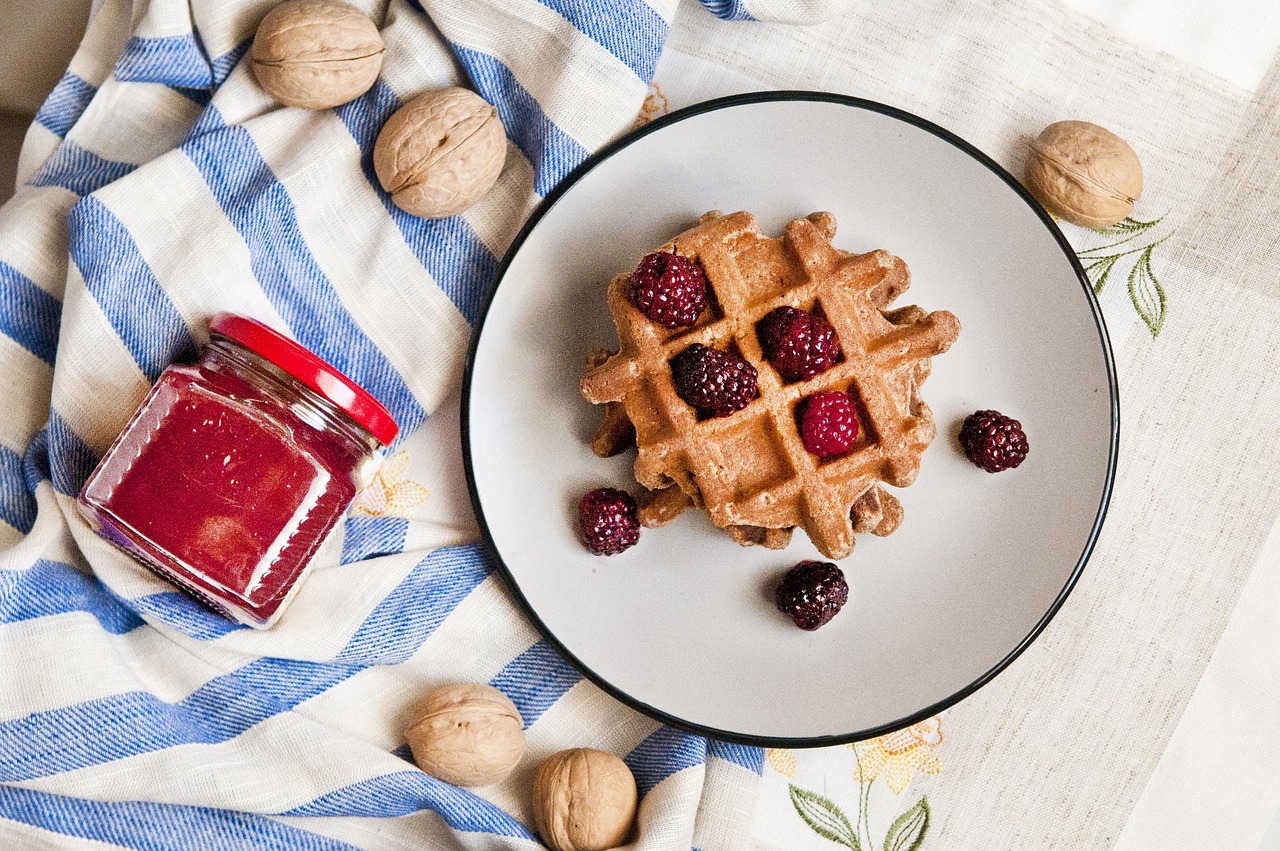Introduction to Canine Nutrition
As we delve into the realm of canine health, it becomes increasingly evident that proper nutrition plays a pivotal role in determining the overall well-being and longevity of our beloved companions, particularly for breeds like the bulldog. With their unique physiological characteristics and inherent health challenges, bulldogs require a diet that is not only nutritious but also tailored to their specific needs. In this article, we will explore the importance of nutrition in bulldog health, discussing the key elements of a balanced diet, common nutritional mistakes, and how making informed dietary choices can significantly impact a bulldog’s quality of life and lifespan.
Understanding Bulldog Physiology
Bulldogs, with their brachycephalic (short-nosed) skull structure, are prone to a variety of health issues, including respiratory difficulties, skin infections, and joint problems. Their diet must be carefully managed to avoid exacerbating these conditions. For instance, a diet high in fatty acids can help maintain healthy skin and coat, reducing the risk of skin infections, while a balanced intake of calcium and phosphorus is crucial for maintaining strong bones and preventing joint issues.
Key Elements of a Balanced Diet
A balanced diet for a bulldog should include a combination of high-quality protein sources, complex carbohydrates, and healthy fats. It is also essential to ensure that the diet is rich in essential vitamins and minerals.
- High-quality protein sources like chicken, fish, and lamb provide the necessary building blocks for muscle maintenance and repair.
- Complex carbohydrates such as brown rice, oats, and sweet potatoes offer sustained energy and fiber, aiding digestion.
- Healthy fats, including omega-3 fatty acids, are crucial for skin and coat health, as well as reducing inflammation.
- Essential vitamins and minerals, such as Vitamin D for bone health and Vitamin E for its antioxidant properties, play vital roles in maintaining overall health.
Nutritional Mistakes to Avoid
Despite the best intentions, many bulldog owners inadvertently compromise their pet’s health with common dietary mistakes. Overfeeding, for example, can lead to obesity, worsening respiratory issues and joint problems. Similarly, underfeeding can result in nutritional deficiencies, weakening the dog’s immune system. It is also crucial to avoid fillers and by-products in dog food, as these can cause digestive issues and provide little to no nutritional value.
The Impact of Fillers and By-Products
Fillers and by-products are often used in commercial dog foods to increase volume and reduce costs. However, these ingredients can be detrimental to a bulldog’s health. They can cause allergic reactions, digestive issues, and even lead to more severe health problems. Opting for grain-free or limited ingredient diets can be beneficial, but it’s essential to ensure that these alternatives are well-balanced and nutrient-rich.
Nutrition and Longevity
The connection between proper nutrition and longevity in bulldogs is well-documented. A diet that meets all the nutritional needs of a bulldog can help prevent many of the breed-specific health issues, thereby potentially increasing the dog’s lifespan. Regular veterinary check-ups, alongside a balanced diet, are key to monitoring health and making necessary dietary adjustments.
FAQs on Bulldog Nutrition
Frequently asked questions about bulldog nutrition include:
– Q: What is the ideal feeding schedule for a bulldog?
– A: The ideal feeding schedule depends on the age, size, and activity level of the bulldog. Generally, bulldogs benefit from being fed 2-3 times a day.
– Q: Can bulldogs thrive on a raw diet?
– A: While some owners swear by raw diets, it’s critical to ensure that any raw diet is well-planned and balanced to meet all nutritional needs. Raw diets can pose health risks if not managed properly.
– Q: How can I ensure my bulldog is getting enough water?
– A: Ensuring access to fresh water at all times is crucial. Monitoring urine output and color can help indicate if your bulldog is properly hydrated.
Conclusion and Recommendations
In conclusion, proper nutrition is fundamental to the health and longevity of bulldogs. By understanding the unique nutritional needs of this breed and avoiding common dietary pitfalls, owners can significantly improve their pet’s quality of life. It is always recommended to consult with a veterinarian or a canine nutritionist to tailor a diet that meets the specific needs of your bulldog, considering factors such as age, health status, and lifestyle.
| Age | Dietary Recommendations |
| Puppy (0-12 months) | High-calorie, nutrient-rich diet for growth and development |
| Adult | Balanced diet maintaining weight and health |
| Senior (7+ years) | Diet focused on joint health, easier to digest |
As highlighted in esteemed publications, the importance of personalized nutrition cannot be overstated. By adopting a holistic approach to bulldog care, combining proper nutrition with regular exercise and veterinary care, owners can help their pets lead healthier, happier lives. Remember, every bulldog is unique, and what works for one may not work for another. Staying informed and working closely with health professionals are the first steps towards giving your bulldog the best possible life.

